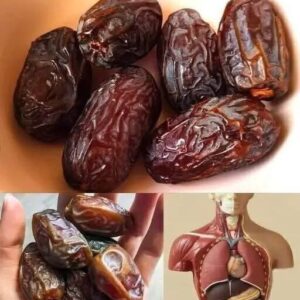A Texas mom recently went viral after sharing a shocking discovery in her kitchen. While preparing chicken breasts from Aldi, Alesia Cooper noticed the meat falling apart in her hands, turning stringy and soft. “I think it’s fake meat,” she wrote online, sparking widespread attention and concern among shoppers.
Experts quickly clarified that the unusual texture wasn’t artificial but a condition called “spaghetti meat,” which affects some commercially farmed chickens. This occurs when chickens grow rapidly due to modern breeding techniques, causing the breast muscles to outpace the bird’s circulatory system. The result is separated muscle fibers, giving the meat a stringy, spaghetti-like appearance.
Chickens today grow almost twice as fast as they did decades ago. In 1925, it took over 100 days for a chicken to reach 2.5 pounds, whereas by 2022, birds reached 6.5 pounds in just 47 days. While this increases meat production, it also leads to texture issues like spaghetti meat or “woody breast,” which can feel tough or chewy.
Despite its appearance, experts assure consumers that spaghetti meat is safe to eat. The National Chicken Council and food science specialists recommend cooking it thoroughly and adjusting recipes if desired. Cooper’s post sparked a mix of horror and curiosity, with many viewers unaware of this phenomenon. Some fast-food chains and grocery stores are now sourcing slower-grown chickens to improve texture and taste. Dr. Massimiliano Petracci, a food science professor, notes that spaghetti meat is more common in fast-growing chickens, affecting up to 5% of breast samples. This case highlights the unexpected consequences of modern poultry farming and why many consumers are calling for higher standards.




